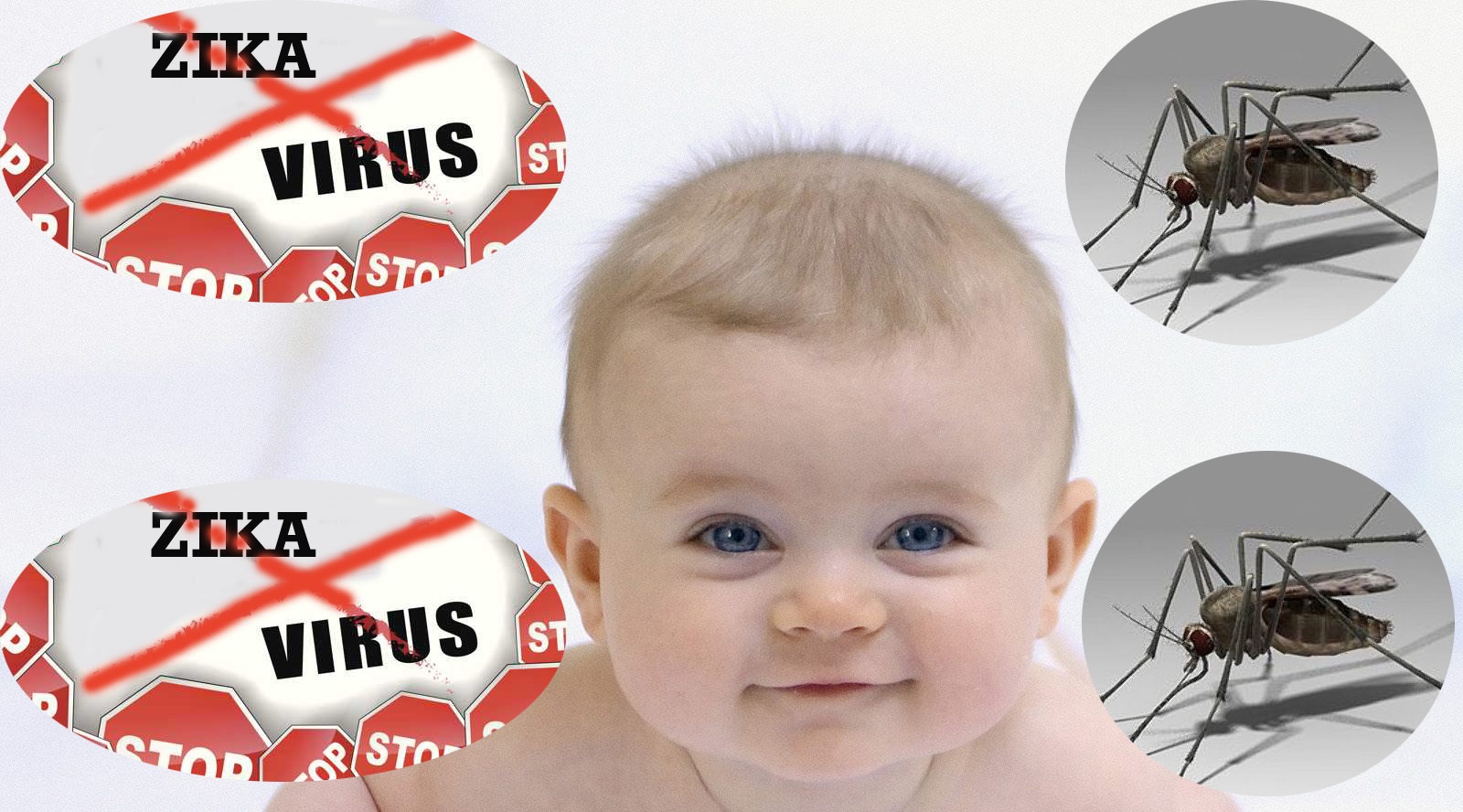Zika virus is an emerging mosquito-borne virus that was first identified in Uganda in 1947 in rhesus monkeys through a monitoring network of sylvatic yellow fever. It was subsequently identified in humans in 1952 in Uganda and the United Republic of Tanzania. Outbreaks of Zika virus disease have been recorded in Africa, the Americas, Asia and the Pacific.
Genre: Flavivirus
Vector: Aedes mosquitoes (which usually bite during the morning and late afternoon/evening hours)
Signs and Symptoms
Zika virus is spread to people through mosquito bites. The most common symptoms of Zika virus disease are fever, rash, joint pain, and conjunctivitis (red eyes). The illness is usually mild with symptoms lasting from several days to a week. Severe disease requiring hospitalization is uncommon.
The incubation period (the time from exposure to symptoms) of Zika virus disease is not clear, but is likely to be a few days. The symptoms are similar to other arbovirus infections such as dengue, and include fever, skin rashes, conjunctivitis, muscle and joint pain, malaise, and headache. These symptoms are usually mild and last for 2-7 days.
During large outbreaks in French Polynesia and Brazil in 2013 and 2015 respectively, national health authorities reported potential neurological and auto-immune complications of Zika virus disease
In May 2015, the Pan American Health Organization (PAHO) issued an alert regarding the first confirmed Zika virus infection in Brazil. The outbreak in Brazil led to reports of Guillain-Barré syndrome and pregnant women giving birth to babies with birth defects and poor pregnancy outcomes.
Transmission
Zika virus is transmitted to people through the bite of an infected mosquito from the Aedes genus, mainly Aedes aegypti in tropical regions. This is the same mosquito that transmits dengue, chikungunya and yellow fever.
A rare case of the Zika virus being transmitted through sex, not a mosquito bite, has been reported in the US.
A patient infected in Dallas, Texas, is likely to have been infected by sexual contact, the Centers for Disease Control (CDC) told the BBC.
Diagnosis
Zika virus is diagnosed through PCR (polymerase chain reaction) and virus isolation from blood samples. Diagnosis by serology can be difficult as the virus can cross-react with other flaviviruses such as dengue, West Nile and yellow fever.
Prevention
Mosquitoes and their breeding sites pose a significant risk factor for Zika virus infection. Prevention and control relies on reducing mosquitoes through source reduction (removal and modification of breeding sites) and reducing contact between mosquitoes and people.
This can be done by using insect repellent; wearing clothes (preferably light-coloured) that cover as much of the body as possible; using physical barriers such as screens, closed doors and windows; and sleeping under mosquito nets. It is also important to empty, clean or cover containers that can hold water such as buckets, flower pots or tyres, so that places where mosquitoes can breed are removed.
Treatment
- Get plenty of rest.
- Drink fluids to prevent dehydration.
- Take medicine such as acetaminophen to relieve fever and pain.
- Do not take aspirin and other non-steroidal anti-inflammatory drugs (NSAIDs), like ibuprofen and naproxen. Aspirin and NSAIDs should be avoided until dengue can be ruled out to reduce the risk of hemorrhage (bleeding). If you are taking medicine for another medical condition, talk to your healthcare provider before taking additional medication.
There is currently no vaccine available. Vaccines manufacturer, Bharat Biotech, on 3/2/2016, announced a breakthrough in developing the world’s first Zika vaccine. The Hyderabad-based company has submitted two vaccine candidates - one inactivated and one recombinant - to the Indian government.
The company maintain that pre-clinical studies will be concluded in the next five months, after which the process for regulatory approval will commence.
An inactivated vaccine is when the disease-causing microbe is killed, typically, using chemicals, heat, or radiation. Such a vaccine is more stable and safer than live vaccines. A recombinant vaccine is a vaccine produced through recombinant DNA technology. This involves inserting the DNA encoding an antigen (such as a bacterial surface protein) that stimulates an immune response.
Bharat Biotech filed patents for both vaccine candidates in July 2015, Dr. Krishna Ella, Chairman and Managing Director of the company. He said that since the company already worked on chikungunya, this was the next logical step. “At the time we started working on the Zika vaccine, there was not a market incentive or any demand for it- largely because the symptoms are mild. But we were already working in chukungunya and our hypothesis was that the same vector transmits this disease as well, so we thought we need to look at this aspect as well,” he added.
Source: WHO, cdc.gov, Bharatbiotech
